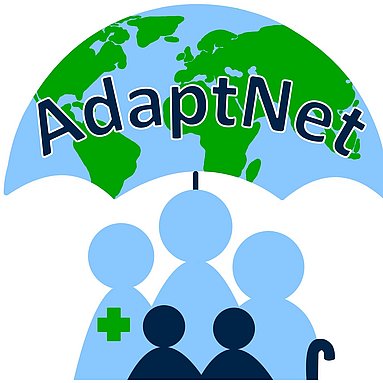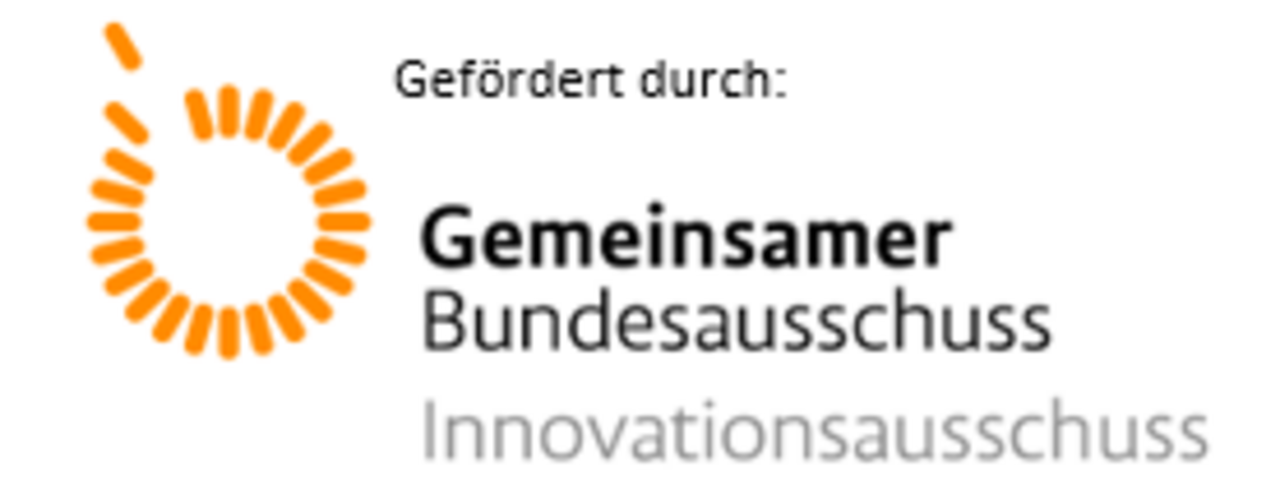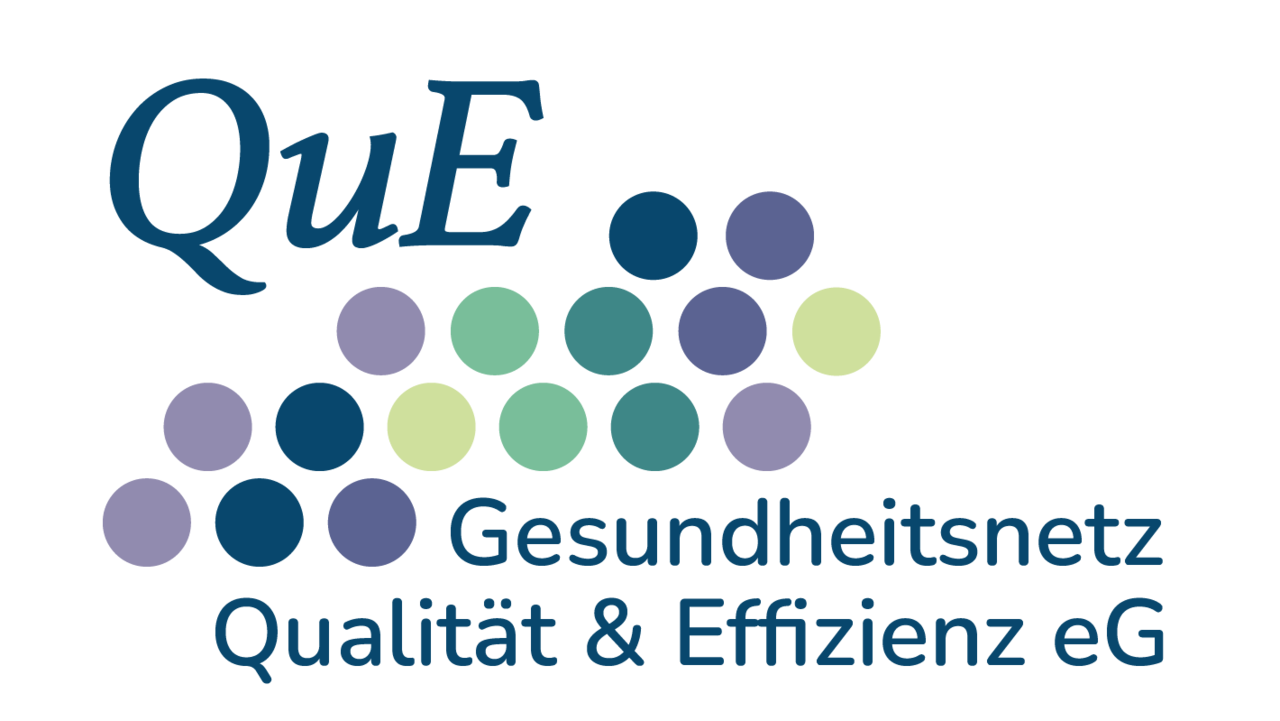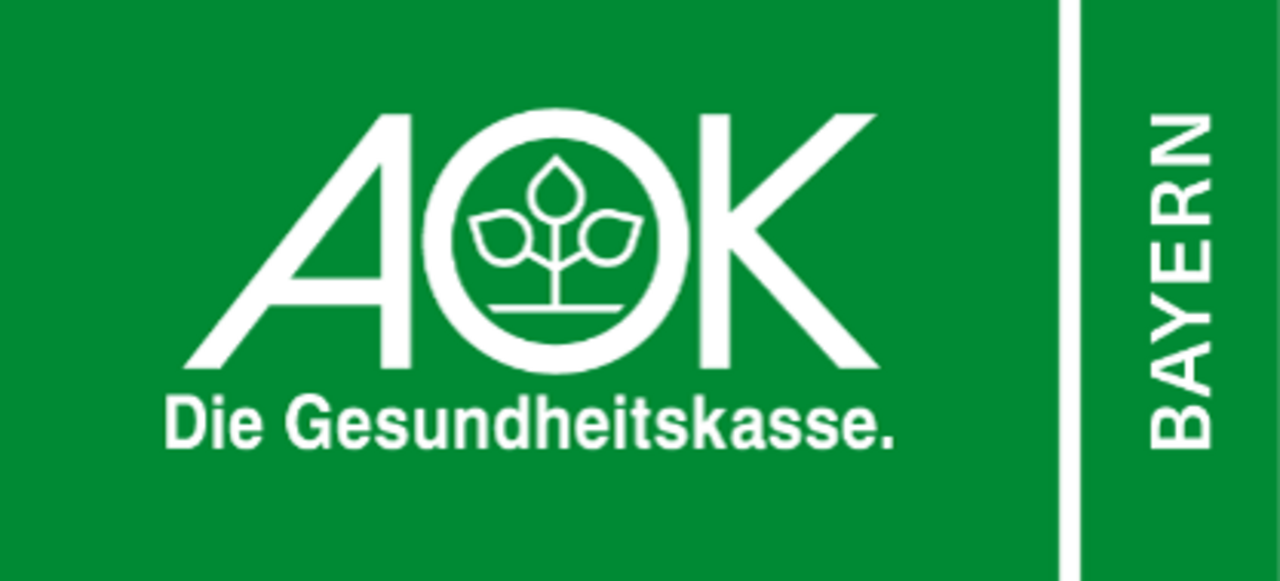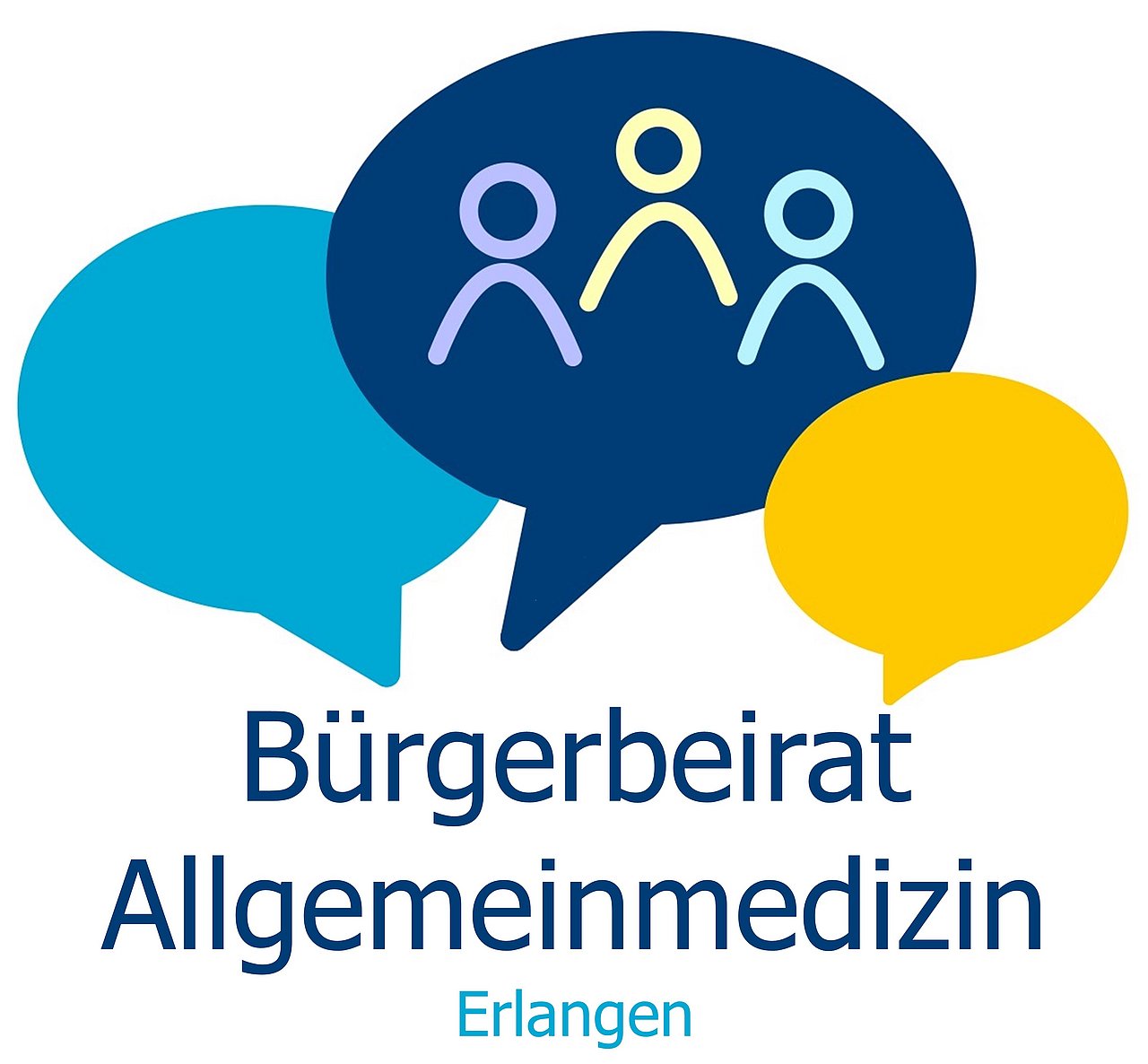AdaptNet
Adaptation and networking of primary care and specialist care with regard to the health effects of climate change
What is it all about?
Climate change is one of the greatest challenges of the 21st century. It is also leading to changes in health risks in Germany: Heat waves and other extreme weather will become more frequent. This poses major challenges for the healthcare system. A program to adapt medical care to climate change is being developed and implemented. The health effects of climate change in the Nuremberg region are also being examined in detail as an example of an urban agglomeration.
How does the study work?
A survey will first be conducted to determine the needs of GPs, specialists and patients with regard to the health consequences of climate change. A climate toolbox (toolbox) is to be created from these. The toolbox contains Training for doctors on climate change and health, tools for adapting medicines in hot weather and patient information. The tools will be developed together with doctors from the QuE and evaluated in the provision of care.
Project partners
Consortium management:
Consortium partner:
Gesundheitsnetz Qualität und Effizienz eG, QuE Nürnberg
Institute of Global Health, Universitätsklinikum Heidelberg
AOK Bayern – Die Gesundheitskasse
Advisory Board:
Dr. Julia Schoierer (LMU München)
Prof. Dr. Claudia Hornberg (Universität Bielefeld)
Prof. Dr. Heiko Paeth (Universität Würzburg)
Dr. Martin Herrmann (KLUG e.V.)
Britta Walthelm (Stadt Nürnberg)
Monika Ittner (DIAKONEO KdöR – Seniorennetzwerk Nürnberg Nordstadt, Teilbereich Anpassung)
Accompanied by:
Bürgerbeirat Allgemeinmedizin des Allgemeinmedizinischen Instituts Erlangen
Sponsor, funding amount & duration
The project is funded by the G-BA Innovation Fund with 1.2 million euros from 2023 to 2025.

